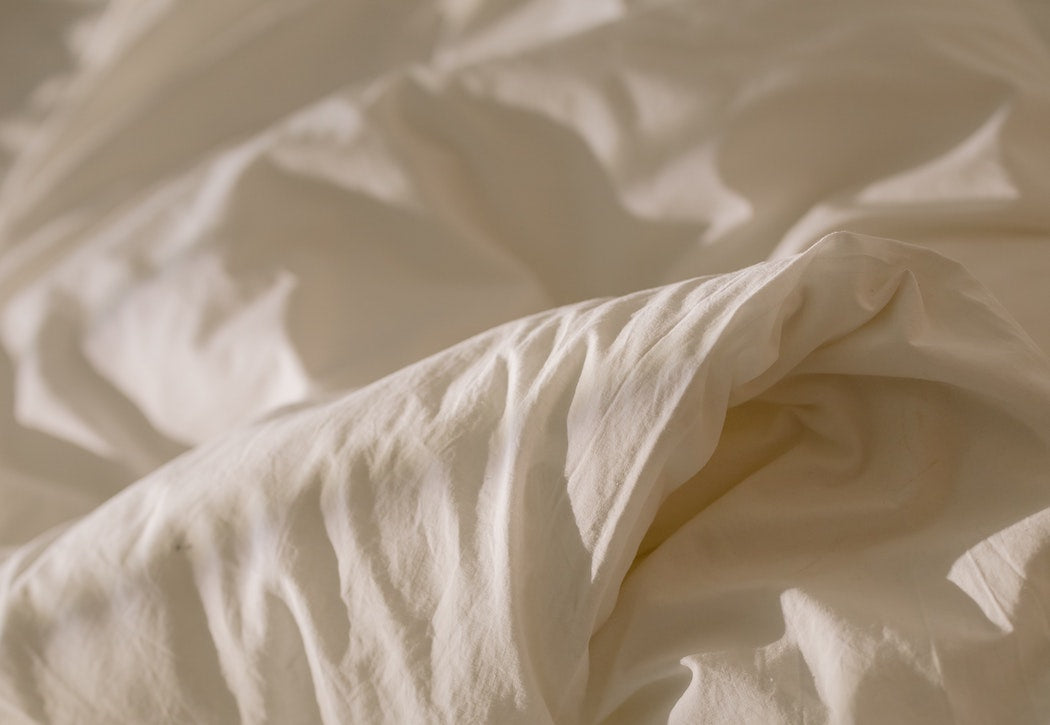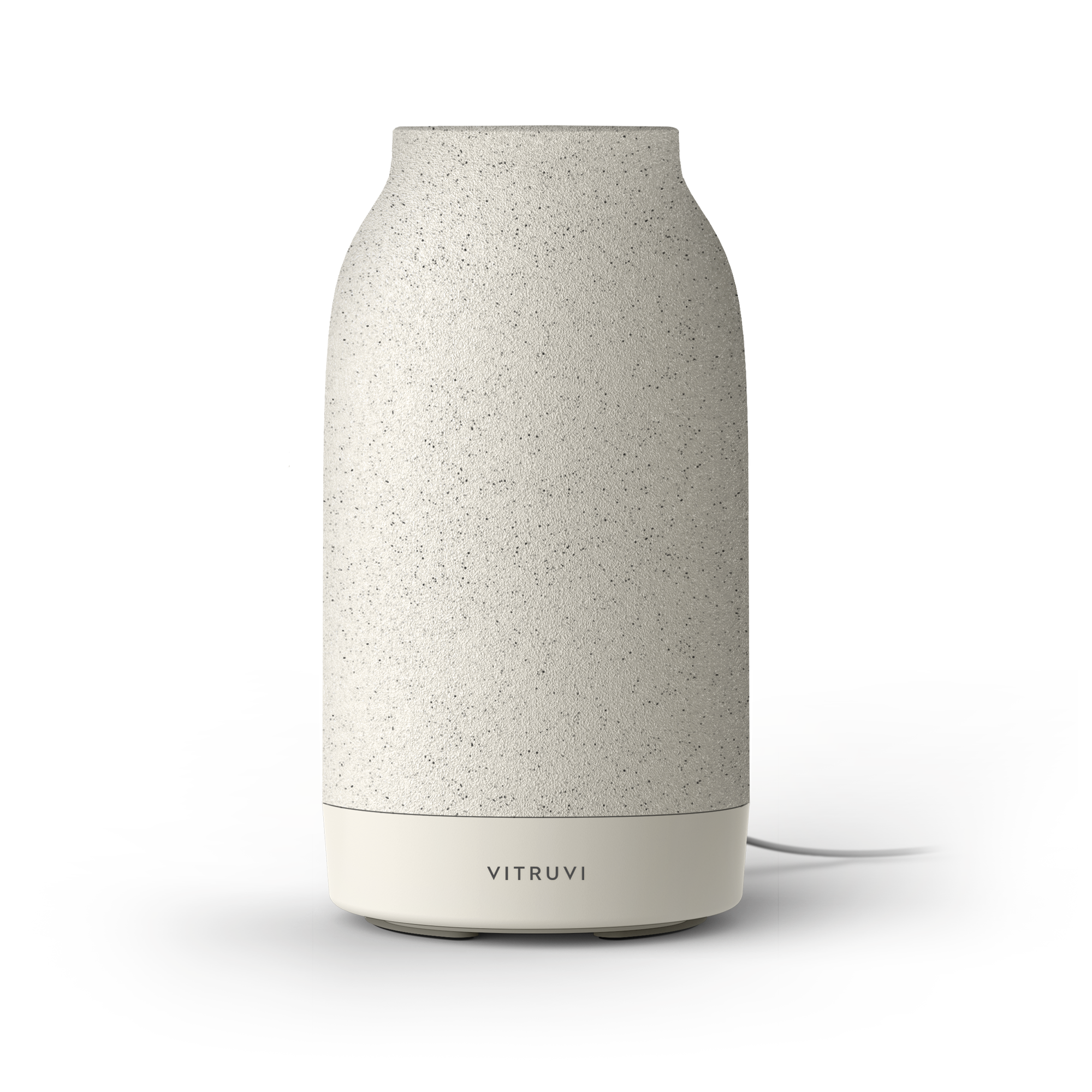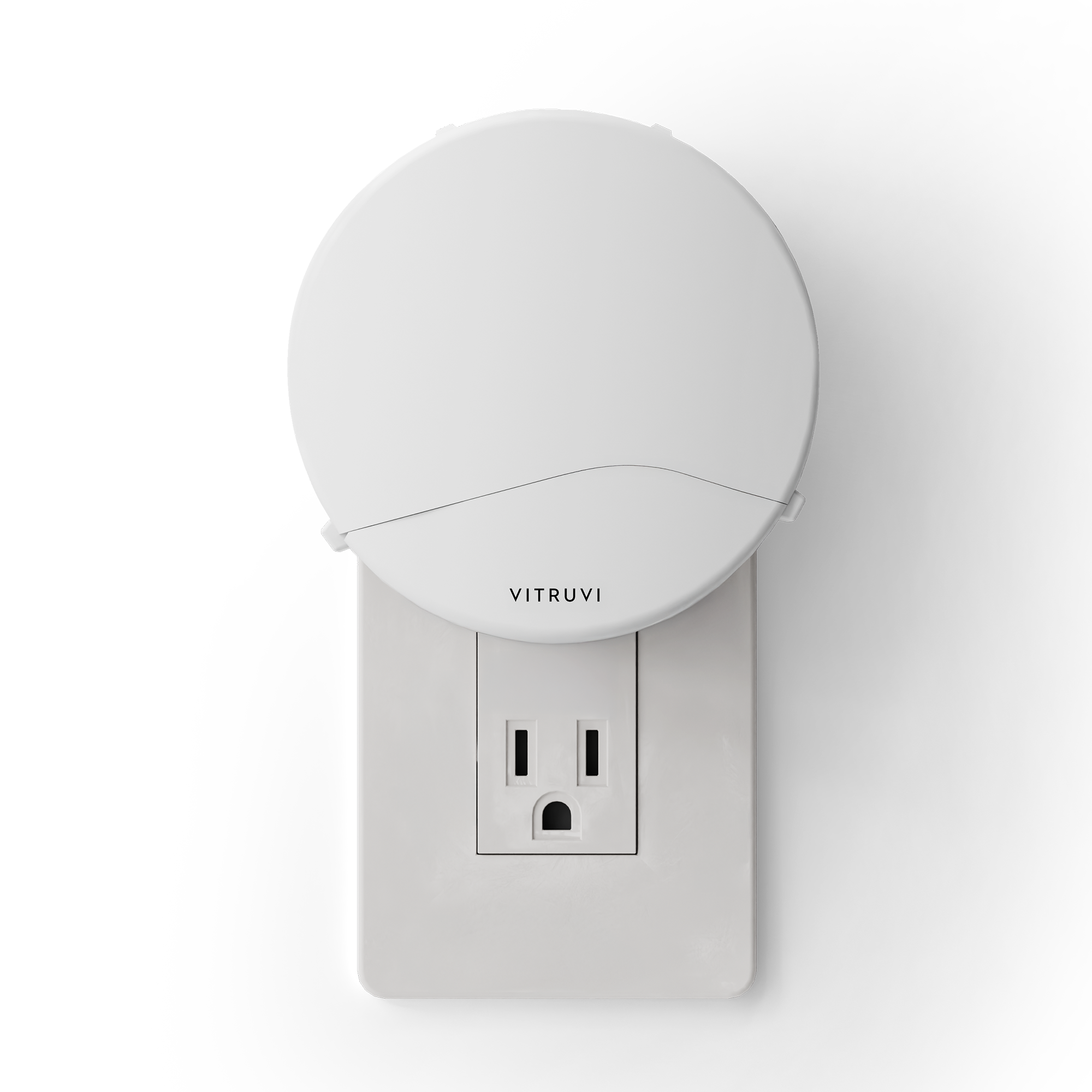The 2022 Academy Awards were supposed to be a celebration of art on film, and of being able to gather together again. Instead, the only part of the show that dominated headlines was host Chris Rock’s off-color joke about Jada Pinkett Smith, and the ensuing slap from her husband Will Smith across Rock’s face. And while critics and the internet may be fighting over the wrongdoings of both Rock and Smith, the public fixation of the situation at large has honed in on the men—often leaving Pinkett Smith, even though she was the brunt of the joke, out of the equation entirely.
When Rock said, “Jada, I love you. G.I. Jane 2, can’t wait to see it,” in front of a packed audience and millions of viewers at home, Pinkett Smith, who has fearlessly been publicly battling alopecia, was visibly displeased. Still, that was the extent of her reaction: a behavioral contrast that highlights the tolerance that Black women are forced to have in North American society, and further displays how desensitized Hollywood is to making Black women’s hair into a punchline—a sentiment that Black men have also historically asserted.
In the case of the Oscars, Rock prioritized laughter at the expense of Pinkett Smith; and for Smith, it seemed most important to him that he assert his dominance and role as a protective Black man, centering the experience on his secondhand emotional response rather than on the harm caused to his wife.
The event—which Smith has apologized for, and which led the Academy to ban him from the awards show for a decade—will likely soon be replaced by the next headline, and will live on for years to come mostly as a meme. However, Hollywood’s infatuation with and fetishization of Black women’s hair is unfortunately not going anywhere.
Though Hollywood is working to include Black and marginalized folks more often, and there are more BIPOC-leading roles than ever, racist beauty standards continue to permeate through the industry. It’s a situation that is tired, dated, and at this point, plain embarrassing. Some celebrities are pushing back; however, even reviewing this year’s red carpet looks, it’s clear that Black women are still being coerced into manipulating their hair to make it more “manageable,” “professional,” and “fancy”—whether it be due to their own internal debate or simply because they are told to.
It seems that not much has changed since Rock’s 2009 documentary-comedy, Good Hair, which dissects Black hair culture and what makes it “good” both within and outside of the Black community. Like the 2022 Oscars, the film is a calling card for expanding how we define good hair, and at large, the expectations we put on Black women.
The policing and fetishization of Black women’s hair is (to no surprise) a white colonial rhetoric that was, and still is, used as a mechanism to control Black women: whether it be emotionally, by lowering self-esteem through enforcing Eurocentric beauty ideologies, or politically, through pen-to-paper laws, societal expectations, and workplace dress codes.
The weaponization of Black women’s hair has effectively been used to systematically separate Black people from their respective African cultures. And even though the free love movements of the ‘60s and ‘70s made the afro cool, and our current social climate prides itself on celebrating diversity, these tactics still exist and are still enforced. Even within the Black community.
Public relations statements may say otherwise, but in Hollywood today, many Black women’s hairstyles that we see in film and television tell an entirely contradictory story: one in which straight, sleek hair or long, glossy, Eurocentric waves are the pinnacle of beauty. Presently, there is a very clear, and perhaps good-intentioned, spike in Black hair representation and diversity. That being said, it’s troubling that Black women are still too often not in the driver’s seat of their own celebration.
Many film and television production teams have taken it upon themselves to diversify—and some of their talent are starting to sport natural curls, coils, textures, and braids—but if we aren’t supporting these visuals with authentic Black-female-led liberation, leadership, and consultation, they are only empty promises. We must ask Black women how they would like to be celebrated, and do everything we can to support their answers.
In this day and age, for anyone in the position of featuring Black women on screen, it should be their bare-minimum obligation to ensure their visuals and narratives promote cultural healing and equity. Outside of the obvious lessons that we shouldn’t make fun of other people’s hardships or commit acts of physical violence, at the very least, Black men must support Black women without centering themselves or making Black women the brunt of their jokes. We should all be championing people to use their positions of power to dismantle Eurocentric beauty ideals.
Perhaps we should all be taking the “don’t touch my hair” sentiment seriously, and let Black women pick, braid, and slay their way through the world however they please.











